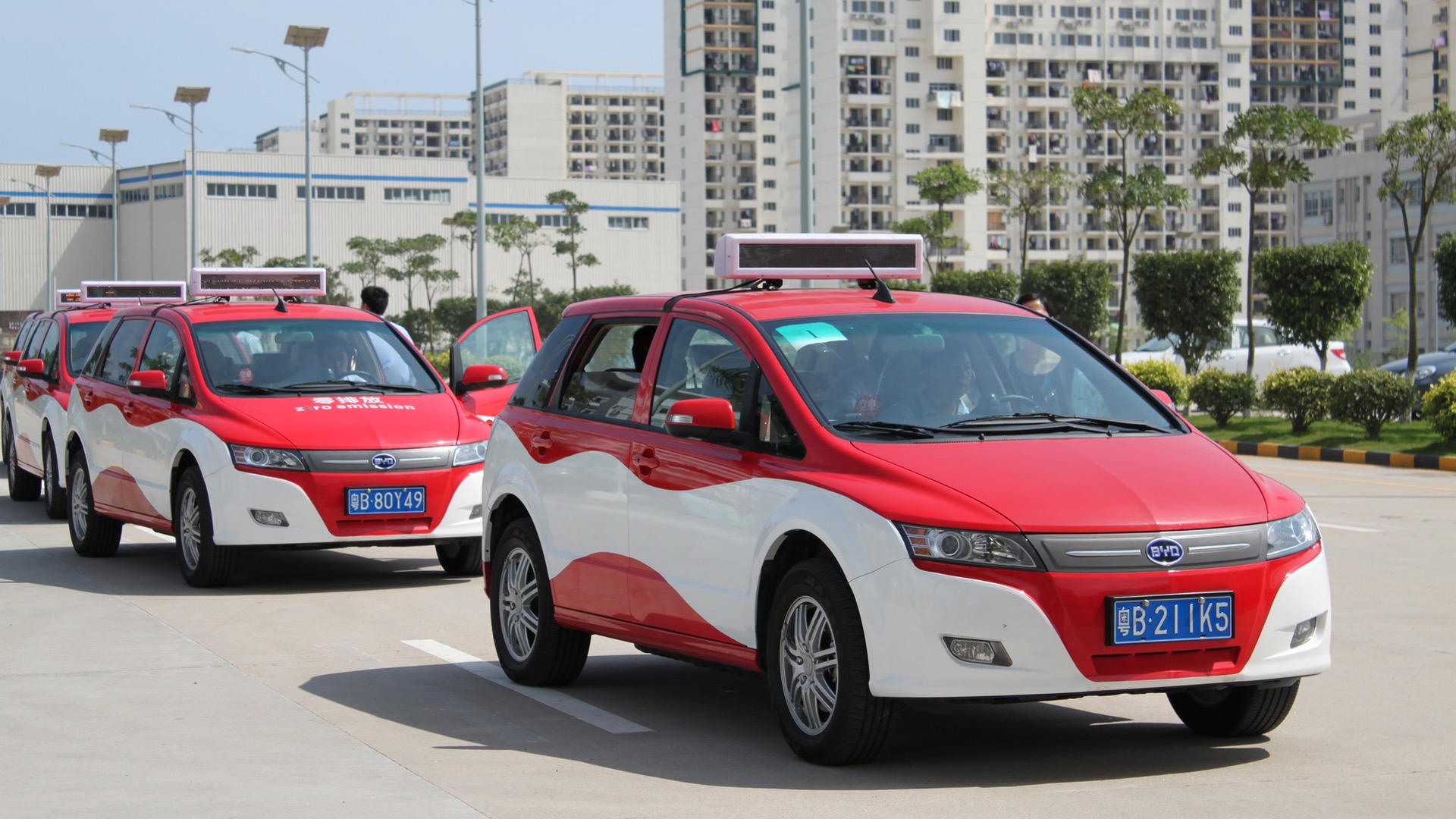

China may reduce its generous electric-car subsidies, according to a new Bloomberg report. The government hopes to force automakers to innovate rather than rely on incentives to continue driving demand for electric cars in the world’s largest new-car market. It’s part of an ongoing effort to better regulate China’s explosive electric-car sales growth.
Government subsidies have led to huge EV sales spikes in China over the past few years, making the country the world’s largest market for electric vehicles. But officials are reportedly considering reducing the average purchase incentive by more than a third from 2018 levels, according to Bloomberg, which cited anonymous sources familiar with the matter.
The plan, which is reportedly still under discussion and could change, could also raise the minimum range requirement to qualify for subsidies from 150 kilometers (93 miles) to 200 km (125 miles). Under new rules that went into effect February 12, subsidies for cars with ranges of less than 300 km (186 mi) have already been reduced. But the government also increased subsidies for cars with ranges of more than 400 km (248 mi), to 50,000 yuan, or about $7,500 at current exchange rates.
The Chinese government wants to emphasize quality as well as quantify. Many of the electric vehicles sold in the country are short-range neighborhood electric vehicles that wouldn’t be considered roadworthy in the United States. Chinese automakers also continue to struggle to meet Western standards of quality and performance, but cuts to subsidies likely won’t prove popular with local automakers who have come to rely on them to boost sales.
The policy shift creates even more uncertainty for foreign automakers looking to build and sell electric cars in China. High sales and anticipated stricter emissions standards have led to a number of joint efforts between Western and Chinese automakers to build electric cars locally. Now, however, those automakers face the potentially double whammy of subsidy cuts and a trade war between the U.S. and China.